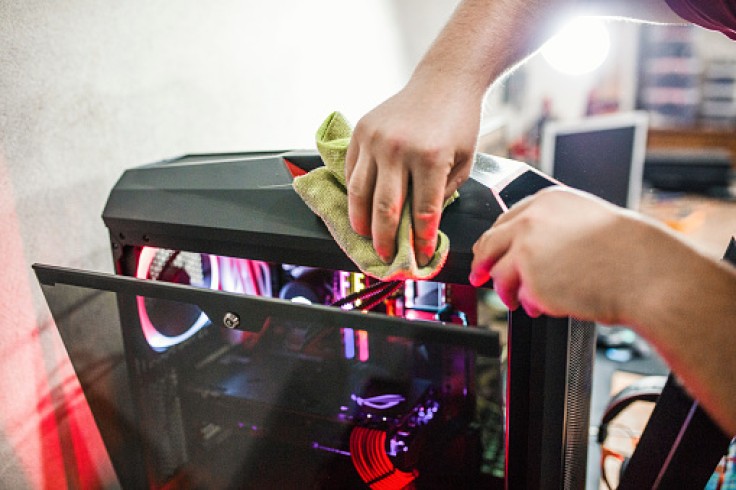Personal computers are becoming more and more essential in the modern age. People use it for work, to send emails, to browse the web, scroll through social media, and so on. With that said, it's important to make sure that it keeps running smoothly, meaning that you need to know proper maintenance. Here are a few do's and don'ts to remember.

Do's
1. Regularly clean your computer. Like everything that stays in one place, your computer will gather dust after a while, even if you use it most of the time. It's never a good idea to allow the dust to settle and get thicker before you clean it out.
It will contribute to the deterioration of your PC, especially since it will interfere with ventilation. Every few weeks, you'll have to wipe the exterior out. In around two or three-month intervals, you'll need to thoroughly clean it inside as well using cloth and compressed air.
2. Install and run an antivirus. An antivirus software is your friend, especially if you like browsing through sketchy websites. You might pick up certain malware or two while you click through links, and an antivirus will be there to shield your system from it.
An antivirus is also good for getting rid of computer viruses that slip through. Some files, even if they are not malware-ridden, require users to disable the antivirus software for a bit before it downloads. If by chance it actually does have malware, then your software can get to work.
3. Update or Upgrade Your Operating System. The operating system of a computer is basically what makes sure that software runs smoothly. Some systems like Windows 11 come with its own antivirus, and keeping it up to date makes sure you are 100% protected.
As for upgrades, you might want to set your PC up with a new operating system if you're running an outdated one. Other than the fact that it will not protect your computer from malware attacks, you'll also start to experience issues with your apps and other computer functions.
Don'ts
1. Don't position your PC by the window. There are a lot of reasons why you shouldn't set your computer up near a window. For one, it could be exposed to direct sunlight, which might cause your device to overheat.
There's also the possibility of it getting water damage. Windows are openings to the outside, which means that outside elements might get to your computer, especially if you forgot to close your window and it happened to rain. There's also dust, which again, affects ventilation.
2. Avoid suspicious links. This is something that's already obvious, but most people seem to forget about it sometimes. Bad actors sometimes send links to emails which leads to websites that contain malware. Once the PC is infected, they might be able to obtain important data.
You'll often see these links appear as promos or claims that you've won something. Some are not as obvious like advertisements and content that would make you want to look. When in doubt, scan for viruses or leave it unopened and delete it.
3. Don't overload your storage. There's only a certain amount of data a computer can hold before it starts to slow down. In most cases, exceeding 80% capacity will greatly affect how your computer runs, which can become bothersome in both work and games.
There are several solutions for that. One is cloud storage, wherein you can store data online, freeing up space in your device. You can also get a removable hard drive, which can hold terabytes of data.









